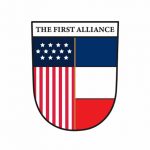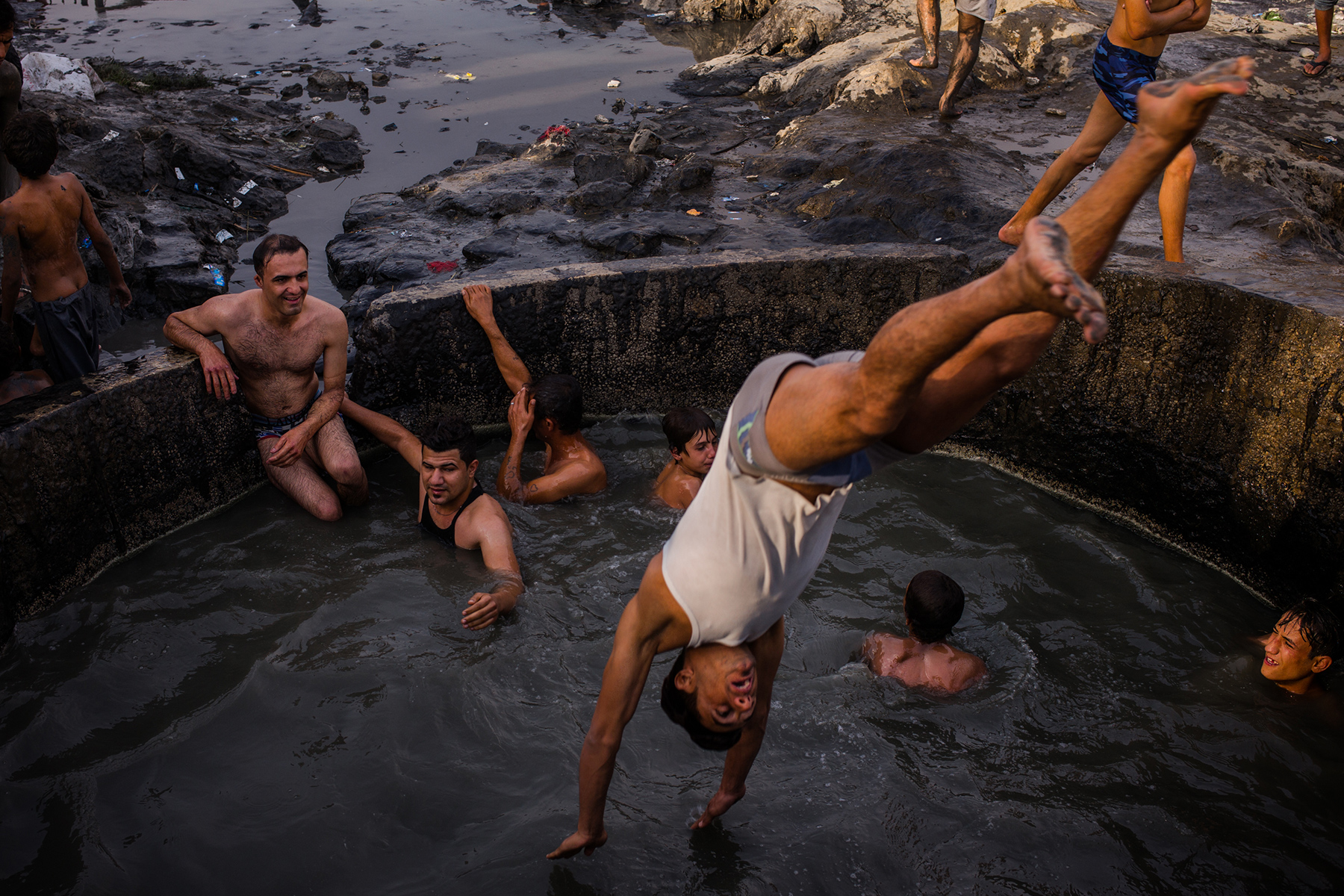As Strong As The War, As Soft As The Peace
Nicole Tung
© Nicole Tung
From October 7 to November 3
Images & Text by Nicole Tung
What does that transitional moment – between the end of a conflict and a return to ‘normal’ life – look like? These images are part an ongoing project on the aftermath of ISIS in Iraq and Syria, exploring the legacy of conflicts that is constantly reshaping the demographics, society, and livelihoods of the people enduring seemingly endless war. It is necessary to explore, and question, how the seeds of future discord – perhaps another war – are sown, and equally necessary to document those who are trying to get by, no matter how harsh the present.
Both Mosul and Raqqa were the capitals of ISIS’s so-called caliphate, from 2014 until 2017, when the extremist group, who ruled with a murderous regime headed by Abubakr Al Baghdadi, was finally ousted from Raqqa, Syria.
A trail of thousands of civilian casualties – either killed by ISIS or by coalition airstrikes – unexploded ordinance, mass graves, and mass destruction of urban areas resulted, and the humanitarian fallout catastrophic. Hundreds of thousands of people remain displaced either within their own country or exiled from it.
The war against ISIS was a symptom of a much larger, and longer historical context in which sectarian divides were blown wide open – starting with the U.S. invasion of Iraq in 2003, and the start of the Syrian conflict in 2011. While conflict has consumed both countries for different reasons, the outcomes are often the same: civilians bear the brunt of the burden.
With little foreign aid to help both cities rebuild, the civilians have taken it upon themselves either to govern and bring back public works programs (water, electricity, education), or find the money to reopen their shops to earn a living again. In Mosul, just months after it was declared liberated from ISIS by the Iraqi government, daily life seemed to have sprung right back in markets and homes amidst a moonscape of rubble and dust. Children, and women without the mandatory niqabs enforced by ISIS, frequented the theme park by the Tigris River, men played football or went to cafes to smoke, or play snooker in an arcade. All such activities like this were banned and punishable by death under ISIS.
On the other side of the river, in the old city of Mosul, civilians went to their destroyed homes and searched through the rubble for loved ones, or whatever belongings they could salvage. The same scenes unfolded in Raqqa, and yet beneath the drive to continue on, a stoicism and discontent remains of those who have lost everything: if rebuilding does not happen quickly, if people cannot find jobs or a shelter over their heads, much worse may be ahead.
—
Musée d’Art et d’Histoire Baron Gérard
37, rue du Bienvenue
Open every day 10 am to 12.30 pm and 2pm to 6 pm
Free Admission
—
This exhibition was created with the support
of The First Alliance Foundation


Musée d’Art et d’Histoire Baron Gérard
